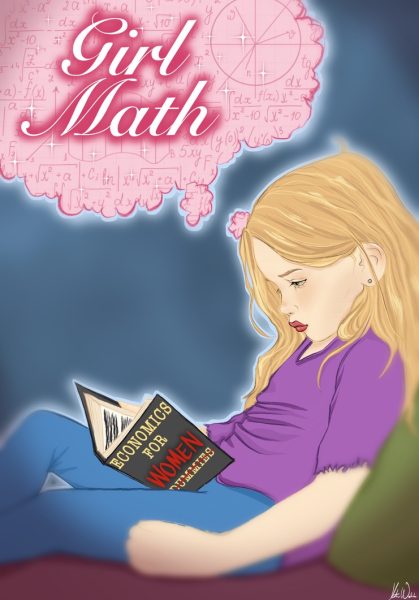Recreational Reading Offers Intellectual Challenge, Escape
Quarantine has students desperately bored. Rather than attempting diversion by rewatching a Netflix series for the umpteenth time, perhaps a better remedy might be to pick up that book that you’ve never really given a chance.
Reading for pleasure is actually something few students have had time to do, until now.
While SSR (sustained silent reading) may seem like something we left back in elementary school or middle school, recreational reading could be the solution to our melancholy.
Moreover, the watered-down version of school that has been offered up through “distance learning” is far from the necessary intellectual challenge most require.
Our brain is a muscle and all muscles need exercise, so in the absence of academic rigor normally provided by classroom learning, reading for pleasure could be the next best thing.
Mental exercise is just as important as physical exercise. To help strengthen the different areas in our brain we have to participate in brain-engaging activities on the daily. Routine-driven lives can affect the levels of stimulation that is accessible to our brain. SharpBrains.org states that our brains need to adapt to new environments in order to keep certain parts of the brain from literally wasting away. Ways to make sure that our brain is actively getting involved is to either do daily crossword puzzles, brain teasers, or other reading-related activities.
According to The Reading Agency, reading for pleasure can reduce symptoms of depression and dementia as well as improve our relationships.
A good book allows us to become engrossed in a new environment to the extent that we let go of the physical world around us. This phenomenon, known as “immersive pleasure,” helps us develop the ability to project ourselves into the storyline and to relate to characters.
Education website Edutopia.org also notes the benefits of reading recreationally, such as healthier cognitive functions.
Just spending 30 minutes out of our day with our nose in a book can delay early onset of Alzheimers or Dementia.
Additionally, reading can provide us with some conversation starters, offering strategies for making connections with real people.
Reading non-fiction is also a terrific way to enhance our knowledge and enrich those dinner table conversations many of us are engaged in on a daily basis as a result of the current lockdown.
Furthermore, as students, our vocabulary is paramount. We can’t repeat the same basic words incessantly in essay after essay. Reading introduces new phrases and words that can improve our compositions.
There are plenty of different genres. From sports to mystery to fantasy to sci-fi to non-fiction, there are books that appeal to everyone’s sense of adventure and individuality.
Even if you don’t have any books in your house, do not dispair. Amazon is the new international library. You can find cheap, used books onAmazon if you are on a budget, and if you can’t wait for the book to be shipped, you can choose an iBook and read on your iPad or computer or Kindle. You can even borrow digital books, much like how you borrow books from a library, using websites like Overdrive.
Reading can even help us reconnect with friends. Have a book swap by exchanging novels on eachothers’ doorsteps or in mailboxes. FaceTime about what you each read.
Traveling right now may be complicated, but opening up a book presents a safe and easy escape from the monotony of our “new normal.”
Your donation will support the student journalists of Campolindo High School's The Claw. Your contribution will allow us to produce more issues and cover our annual website hosting costs.



